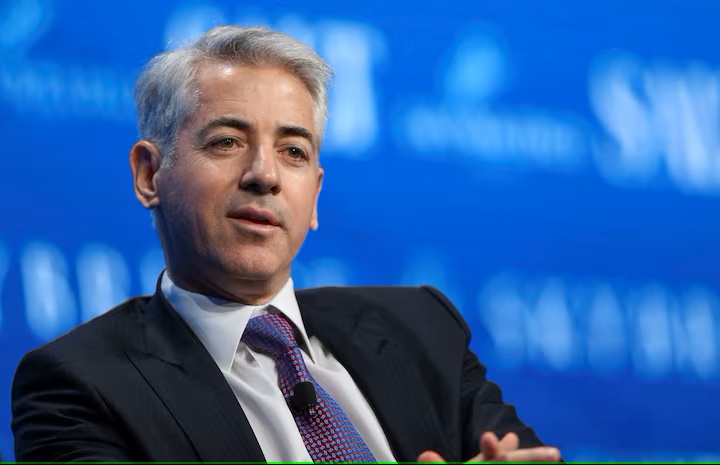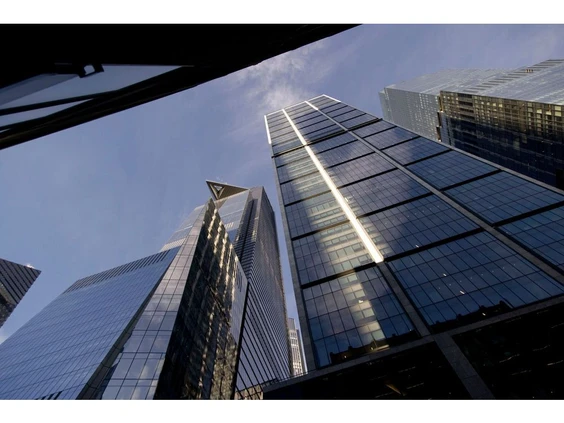Chile’s ENAMI says lithium venture with Rio Tinto to start production in 2032
Chile’s Atacama region. (Image by LMspencer | Stock Photo.) Chile’s state-run mining firm ENAMI aims for its new Rio Tinto lithium partnership at Altoandinos to begin production…




